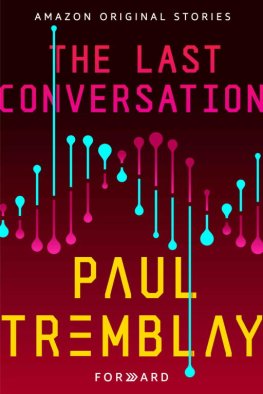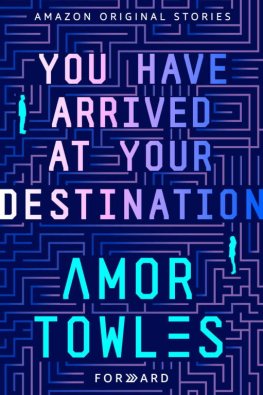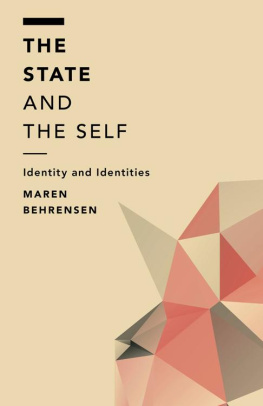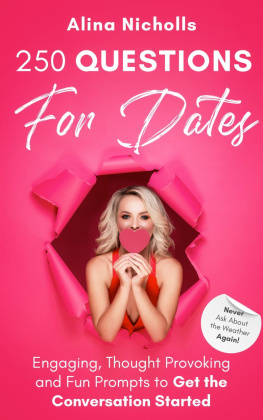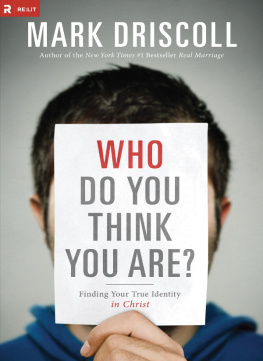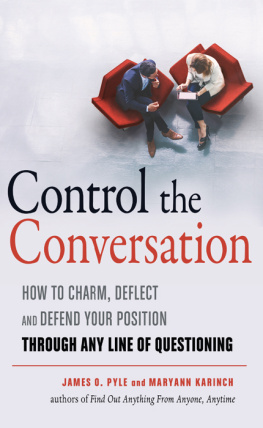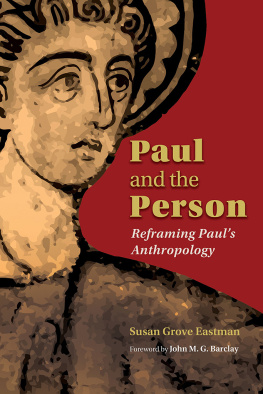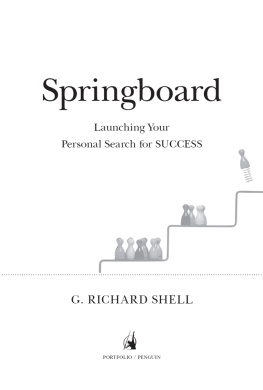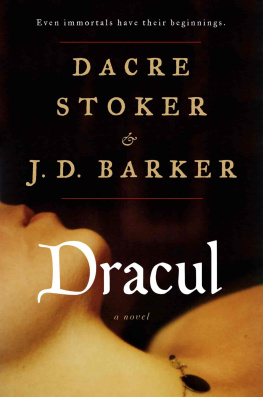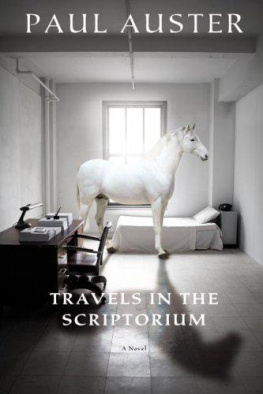Paul Tremblay
THE LAST CONVERSATION

Your room is dark. You cannot see anything. You are lying in a bed. A sheet covers your body. You wiggle your fingers and toes, and the loud rasp of skin rubbing against the sheets is startling. With the slight movements there is pain. Your muscles and joints hum with it.
Youve been awake and not-awake for days, maybe weeks, perhaps longer. You do not know where you were then, or before then. You are here now. A significant amount of time has passed, but from what beginning you do not know. You consider the origin of this time during which youve been awake and not-awake and conclude it is, for the moment, unknowable.
You listen. You blink. You might see shapes within the darkness but you cant be sure. Your breathing quickens and so too your heart rate. You are becoming more of yourself. You are confident in this; time is no longer your enemy, and the longer you remain awake, the longer you can stay you. You are buoyed and terrified by this thought.
You briefly drift and imagine a brightly lit room with a white ceiling, wooden floor, and yellow walls the color of a flower; you cannot yet think of the specific flower. You dismiss the random images and instead perseverate on your inexplicable dormancy. There is a sense of time having passed, however, which implies your consciousness had enough awareness within that missing time to be aware of itself. You were you, and you are now you.
You attempt to sit up, contracting your stomach muscles and pushing off the bed, your weight held up by elbows and hands. Sharp, electric pain splits you down the length of your spine and radiates into your tremulous limbs. You cry out. The pain is incapacitating, all-consuming, setting off white jagged flashes in your vision and then taking root inside your head. The pain is a giant wave that threatens to wash you away. You do know what a wave is but you cannot remember if youve experienced one firsthand.
Youre afraid to turn your head or to move at all. Youre afraid of the darkness, the utter lack. Youre afraid of receding, shrinking away to nothingness, to wherever you were before. Youre afraid you are caught in a loop: youll go away only to later wake again in blind agony, and then return to unconsciousness, and then wake to agony, again and again.
There is a mechanical blip, and the hum and whir of machinery. Warmth flows into the back of your left hand and up the length of your arm. Your consciousness recedes toward the singularity that you fear.
As you slide away, a voice that is not yours echoes through your nascent universe.
She says, You will feel better. There will be less pain. I will take care of you. We will begin tomorrow. Get some rest.
Good morning, ______.
Good morning, Dr. Kuhn. Are you inside the room with me today?
No, I am not.
Oh. I am disappointed.
I am sorry. Isolation is a necessary precaution, given your compromised immune system, but it is not permanent.
I see. By that I mean, I understand.
Yes, of course, ______. On a scale of one to ten, with one being no pain at all and ten being the worst pain imaginable, are you experiencing any pain this morning?
One.
Are you certain? You are pain-free?
Yes.
Thank you, ______. Please flex your arms, legs, shoulders. Good. Please perform a pelvic tilt. Thank you. Did you feel any pain? If so, please use the same number scale I previously described.
Im still a one. If you can see me, Im testing the muscles on my face with a big smile.
I am glad you are no longer in pain.
When I first woke up, that painwell, its difficult to describe pain, isnt it? Pain is such a subjective experience, but that pain made me think I was alone, or maybe that I wasnt even me.
I am sorry you experienced that.
That is what a ten on your pain scale represents, I think. It was horrible.
You are progressing wonderfully. You are enunciating your words much better than you have been previously.
I think I forgot what enunciating means.
You are pronouncing your words correctly, fully forming the plosives and hard consonants. Your speech pattern is more clear and conversational.
Thank you.
You are welcome.
May I ask a question?
Yes.
Am I blind or is the room dark?
Do you remember asking me this yesterday, and the day before?
I do.
For the moment the answer is still both.
Both?
The room is dark. Your eyes also have yet to fully respond to treatment.
Will I be able to see eventually?
Yes.
I remember that I used to be able to see.
What else do you remember?
I remember the ocean. I remember a yellow room.
What else, ______? Is that all? You were able to recall many more things yesterday.
I wish you would ask me what I remember about specific events or images as opposed to the general What do else do you remember? It is difficult to answer that nonspecific question.
I understand your frustration, but our conversations are part of your overall therapy and will help you.
I see. By that I mean, I understand.
What else do you remember, ______?
I remember pennies have a distinctive smell, but I dont remember the smell. I remember rain. I remember living in a small, brown house with a tree in the front yard.
As soon as you regain your sight, I will show you a picture of that brown house.
Will the tree be in the picture? I dont remember what kind of tree it was. I am familiar with many kinds, like birch and fir, but not all kinds.
It was a crab apple tree. Do you remember anything else?
I think I remember you. From before. Yes, I remember you from before. Isnt that right, Dr. Kuhn?
Will you play music for me again, Dr. Kuhn? And after, I think I would like sounds of the ocean again.
Yes, I will play music, but after that itll be sounds of the forest. First, were going to play a word-association game. When I say a word, I want you to give me the first word or words you can think of. Do you understand?
Yes, I think so.
Bird.
Its a warm-blooded, egg-laying animal that
No, ______. You are not to simply state facts or define the word. Your recall of information is truly impressive, but I want you to tell me the first word you think of or describe any images you might see in your mind. Do you understand?
See in my mind?
Yes. Lets try again. If you dont see anything, then you dont have to say anything.
Ill try.
Water.
Wet.
House.
Crab apple tree.
Bird.
I already answered that
Id like you to try again.
Egg-laying animal. Is that correct?
Your eyes itch, and you are told that means your eyes are healing and soon you will see.
Each of the last three days, you got out of bed and walked the perimeter of your room. You alternated placing your left hand and right hand along the wall, depending upon the direction you walked.
You are told exercising in darkness is not ideal but necessary to prevent atrophy and to strengthen your muscles. You were asleep for a very long time, and one should expect physical difficulties upon awakening.
Today there is a treadmill in a corner of your room. You interrupt Dr. Kuhns explanation, definition, and the specifications of the particular model in your room to tell her that the first treadmill was invented by a man in nineteenth-century England. Its purpose was to punish and break its prisoners. You quoted a prison guard named James Hardie, who once wrote of the treadmill: monotonous steadiness, and not its severity, which constitutes its terror.

